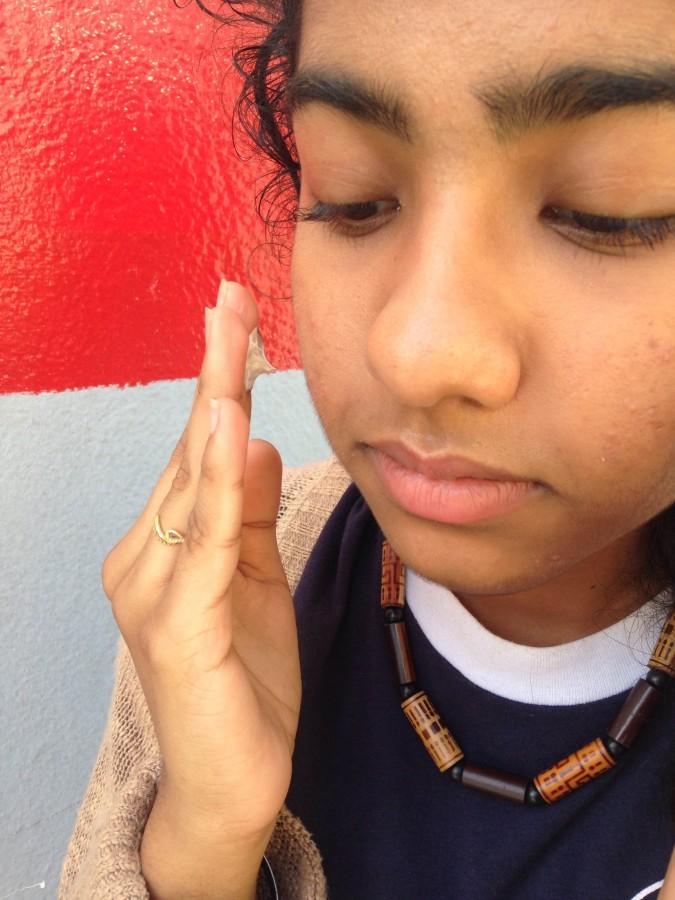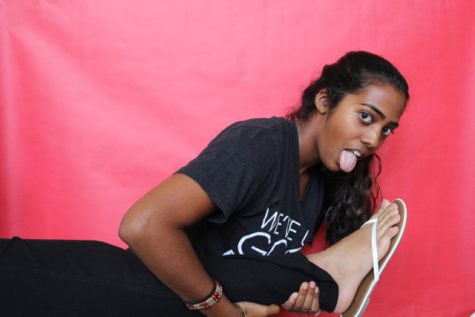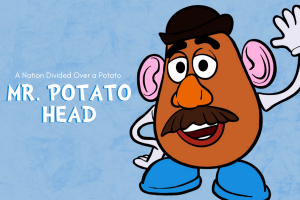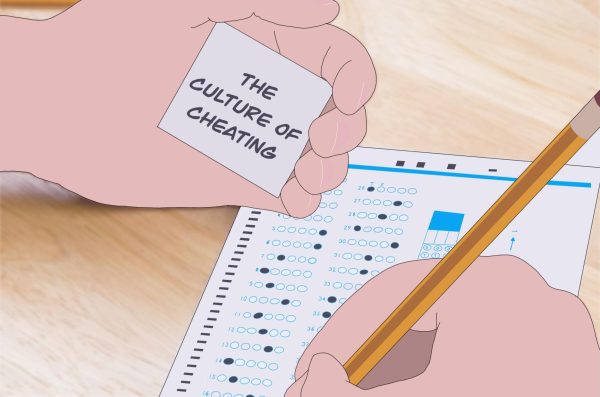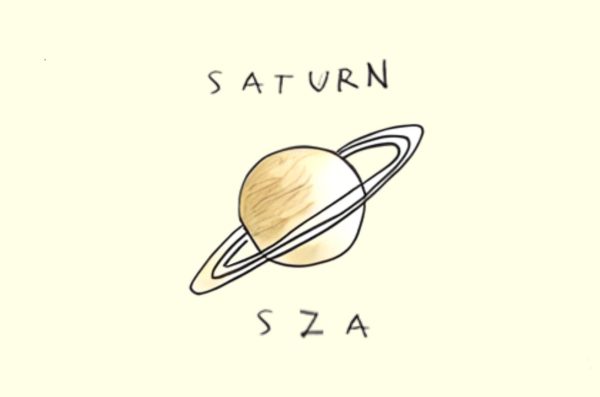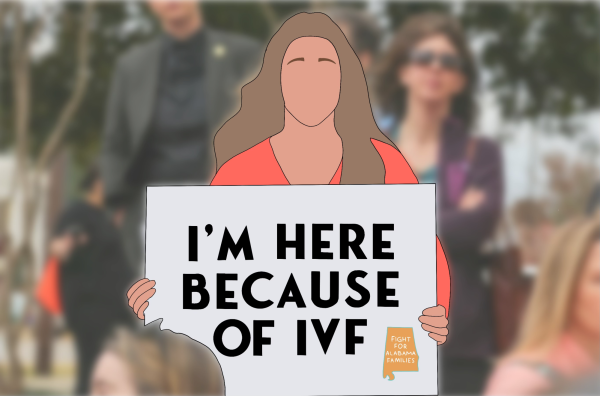Love the Skin You’re In
The skin lightening cream being used in this picture claims to be all-natural, but actually contains dangerous parabens like Bronopol and Propylparaben.
Aug 31, 2014
For centuries, people all over the world have been discriminated based on their skin tone. Colorism is still prevalent today. Even in a progressive country like America, prejudice against people with different shades of skin is constantly brushed under our noses. On social media sites like Twitter and Instagram, people are tagging pictures using the hashtags #teamlightskin and #teamdarkskin. While some people use these tags in a satirical way, many don’t realize that these derogatory terms stem from unfortunate roots.
“The hashtags promote colorism because they separate the lighter skinned and darker skinned people into two different ‘teams’ […] like in a game – they fight against each other to be superior,” junior Ivan Grela said.
The whole idea of people being mistreated for having different shades of skin color is an age old concept. For example, African slaves were compared to a brown paper bag. Those deemed darker than the bag became “field slaves,” while those with lighter complexions where considered “worthy” of working inside the house, subjecting them to rape and abuse.
On the other side of the world, specifically in South Asia, light complexions create a sense of superiority. This skin-shade “hierarchy” can be traced back to when the Caste System was a social norm. Those with light skin where richer and had more power, while the darker skinned people lived among trash mounds and scavenged for food. Even though the Caste System was abolished, the hunger for lighter skin continued to become stronger. Its effect has caused skin brightening to become a six billion dollar business. Both men and women resort to skin creams that promise lighter complexions. Infamous skin lightening company Fair and Lovely is notorious for their advertisements that degrade dark skin, claiming that richly colored complexions limit opportunities. What many people don’t know is that these creams are extremely harmful. Almost every skin lightening product contains dangerous parabens and carcinogens. Toxic chemicals used in these formulas can cause irritation, redness, minor burns and even cancer.
“I’ve lived in Miami for two years, yet it is not uncommon for people to mistake me as a girl of Latin decent due to my fairer complexion. I laugh and tell them that my ancestors are actually Indian – their looks of shock are harmless, but hurtful. Out of all things, do people really identify my culture by its tendency to have a darker skin color?” junior Harleen Chawla said.
Further right on the map, the beauty standard for women in East Asia is glowing, pale skin. In places like Japan and China, it is common to see young women carrying umbrellas when the sun is shining because of an apprehension about tanning. This fear originated with the belief that tan skin was associated with manual labor and poor income. It was also common for Asian royalty to have subtle complexions.
“I think it is messed up, and people aren’t in any place to treat someone differently because of how dark their skin is. People need to realize that skin color doesn’t determine who a person is,” sophomore Francesca Galliano said.
Many of today’s youth struggle with self-esteem and turn to dangerous methods to alter their appearance. From lightening creams to tanning beds, colorism exists on both sides of the spectrum. There are many simple ways to fight against it, such as avoiding the use of discrimination-based hashtags or of complements such as “she’s pretty for a dark girl”. Raising awareness can also make a significant difference. Prejudice based on complexion is a serious problem that affects people in unimaginable ways. If colorism is stopped, then the journey to ending racism is half completed.


